Actress uses celebrity to crusade for women’s rights
If we want to shrink the gender gap in today’s media, life needs to intimate art, said Academy Award winning actress and women’s advocate Geena Davis at Scripps’ Garrison Theater Thursday night.
It’s a cause Ms. Davis works tirelessly for as the founder of The Geena Davis Institute on Gender in Media, as well as in her roles as chair of the California Commission on the Status of Women and special envoy for women and girls in the field of technology for the United Nations. Through her dedicated crusade, Ms. Davis hopes to change the way women are represented in the media, which she believes currently stands as stereotyped and underrepresented. The key lies in combating media with media, she says.
“It’s often found in medicine that the cure can come from the same source as the disease, and I think that media itself can be the cure for the problem that it’s creating,” she said to a standing-room only crowd. “We can create a different future by changing what people are seeing. I always say if they can see it, then they can be it.”
Ms. Davis delivered her message to a standing-room only crowd, mostly women, as part of Scripps’ Alexa Fullerton Hampton Endowed Speakers Program. While peppering her talk with humor, showing her true talent as an entertainer, her message was serious: something needs to give about the way women are viewed on the big screen. As a mother, that vision became clear.
“What message are we sending to young boys and girls if the female characters are one-dimensional, sidelined, stereotyped, hyersexualized, or simply not there at all? We are saying that women and girls are less valuable to our society than men and boys,” Ms. Davis said. “We are saying that women and girls don’t take up half the space in the room, and the message is sinking in. The more hours of television a girl watches the fewer options she feels she has in life, and the more boys watch, the more sexist his views become.”
Most of the time we do these things without even noticing, Ms. Davis suggests, like when we refer to a man as an actor and a woman as an actress.
“If you look at the dictionary, an actor is a person who acts. It’s not a man who acts,” she said. “I think very soon actress will sound as quaint as doctress or poetess. People really use this. I consider myself a former waiter who became an actor.”
As a young child growing up in a small town, Ms. Davis felt her options were endless, but had her sights set on one particular goal from the very beginning. At age 3 Ms. Davis told her parents that she wanted to be an actor. Where she got the idea, she has no clue, but her parents were always supportive. Even, to her surprised, when she announced years later that she would be pursuing an acting degree at Boston University.
“My family and I were so removed from anything that had to do with show business that…they were like oh that’s fine, as if I’d mentioned a field where you can actually expect to get a job,” she joked. “Either I had this unshakeable faith or I was too dense to understand simple percentages.
But the numbers turned out in her favor. After a brief stint as a fashion model, Ms. Davis was cast in her first role in 1982’s Tootsie, starring Dustin Hoffman. Her career took off. In the decades that followed she brought to life a number of memorable characters, including Dottie Hinson in A League of Their Own, Thelma in Thelma & Louise alongside Susan Sarandon and Muriel Pritchett in The Accidental Tourist, for which she won the Academy Award for Best Supporting Actress in 1988.
Known for her strong female portrayals, such as her title role as the first female president in Commander in Chief, for which she won a Golden Globe, Ms. Davis said she was always acutely aware of how few great female roles existed.
“Of the parts that are there, many are not that interesting. You are just the girlfriend or just the eye candy,” she explained.
While admittedly taking on some roles that didn’t follow along in the same vein as her plan to empower woman—she jokes about her 1988 film Earth Girls Are Easy—she says her part in Thelma & Louise changed her life.
“It really brought home to me, in a very personal way, how few opportunities we give women to feel like that coming out of a movie, to feel inspired and excited about the female characters in the movies,” she said.
From that time on, Ms. Davis says she dedicated herself to empowering women by more carefully selecting the roles she accepted. It became increasingly important to her to select roles with a character that sought to choose her own fate. She had no idea that her selectiveness would lead to a more active role in advocacy for women in media.
Years later, Ms. Davis found herself at home watching G-rated movies along with her then 2-year-old daughter, Alizeh. All too familiar with the lack of great female roles, Ms. Davis started to take notice of how few women were being represented in the movies her daughter was watching. She questioned her friends, but no one had noticed. She asked those in the film industry, and they declared to her that they were “addressing the problem,” but she was skeptical.
A self-exclaimed datahead, she took matters into her own hands. The data she found shocked her. Like the fact the ratio of male to female characters in movies has been exactly the same since 1946. Or the fact one study declared that if we added women at the rate we have been to Congress, we would achieve parity in 500 years. Another study suggested women represent 17 percent across sectors. The House of Representatives is 17 percent female. So is the percentage of female movie narrators, cardiac surgeons, tenured professors, the animation guild and the number of women who participated in the latest world economic forum. The number of women who make up crowd scenes in movies? Also 17 percent.
“You think you almost have to go out of the way to pull that one,” Ms. Davis said, but it got her thinking. “What if the problem of gender equality is much, much deeper than we ever possibly imagined?”
Ms. Davis hopes to start making up the difference through See Jane, an arm of her nonprofit that advocates for gender balance in the shows or movies children view. Using media could be the key to change. She further encourages parents to get involved in their children’s viewing experience, pointing out differences and engaging them in discussion.
“Lets say I wanted to be a role model as a nuclear physicist. It would take me countless years to study that and…become famous for being a nuclear physicist, but I can play one tomorrow,” she said. “It’s that fast in media. It just happens. In the world of endless possibilities that exist in Hollywood…life will imitate art. The art can lead the way for changing these societal barriers.”
—Beth Hartnett
news@claremont-courier.com



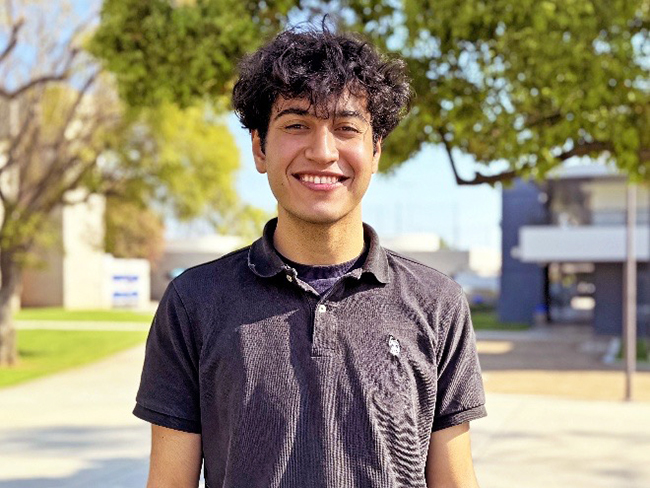
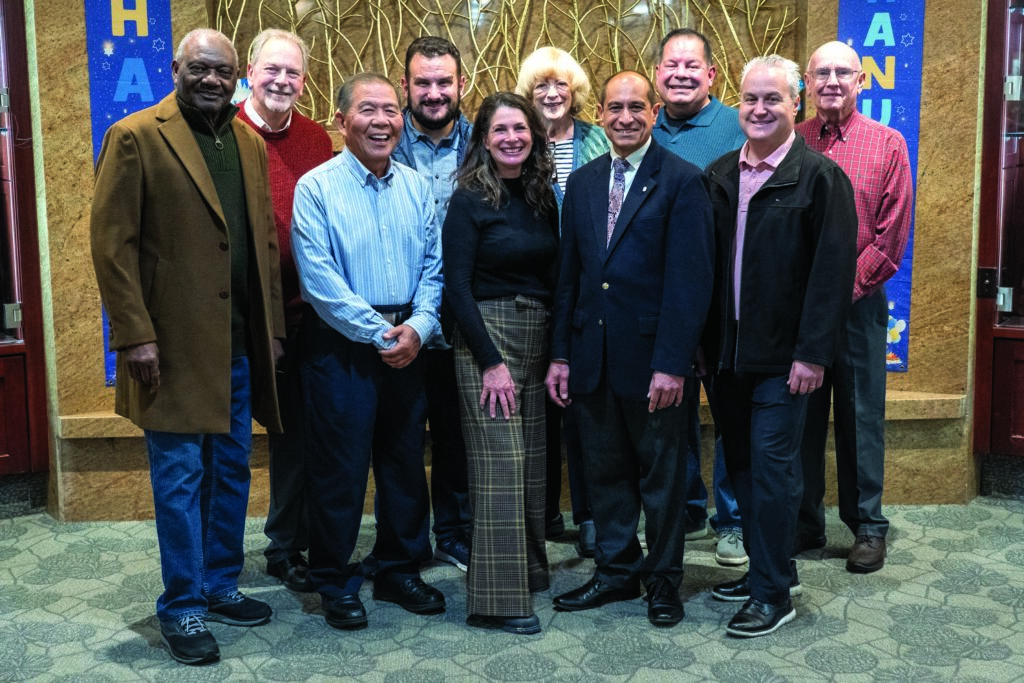
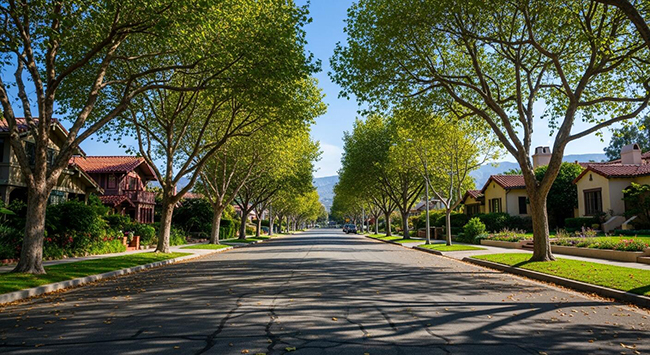
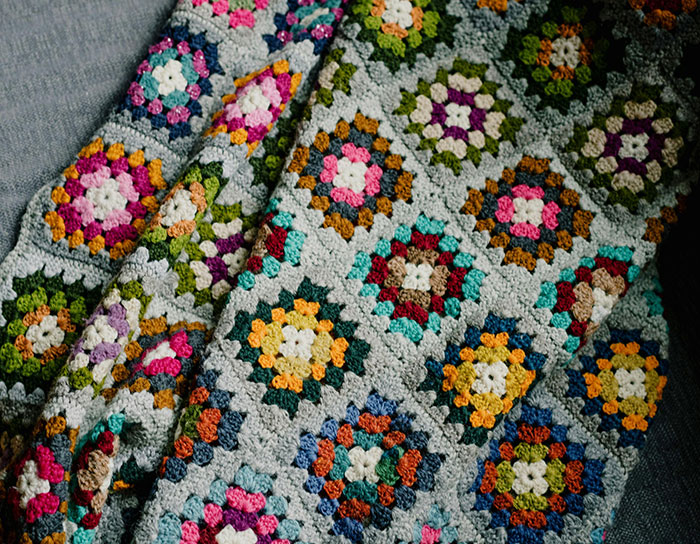
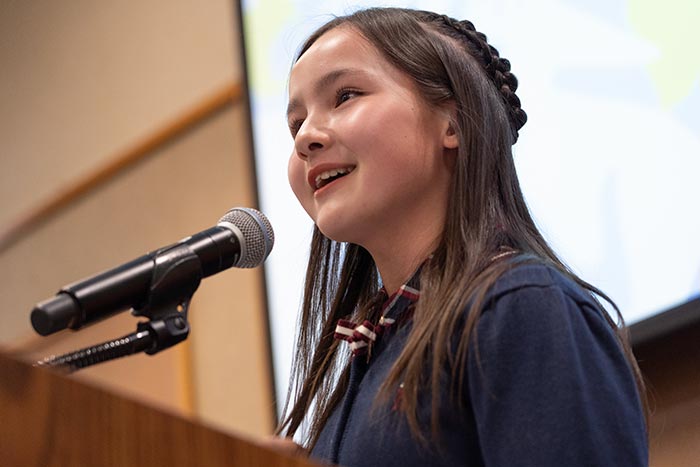
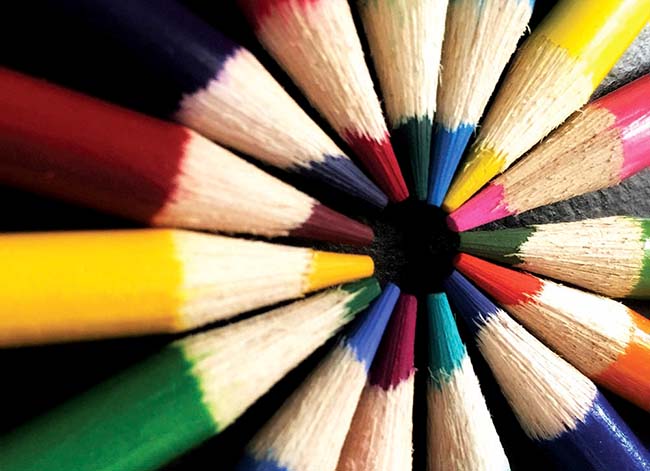

0 Comments